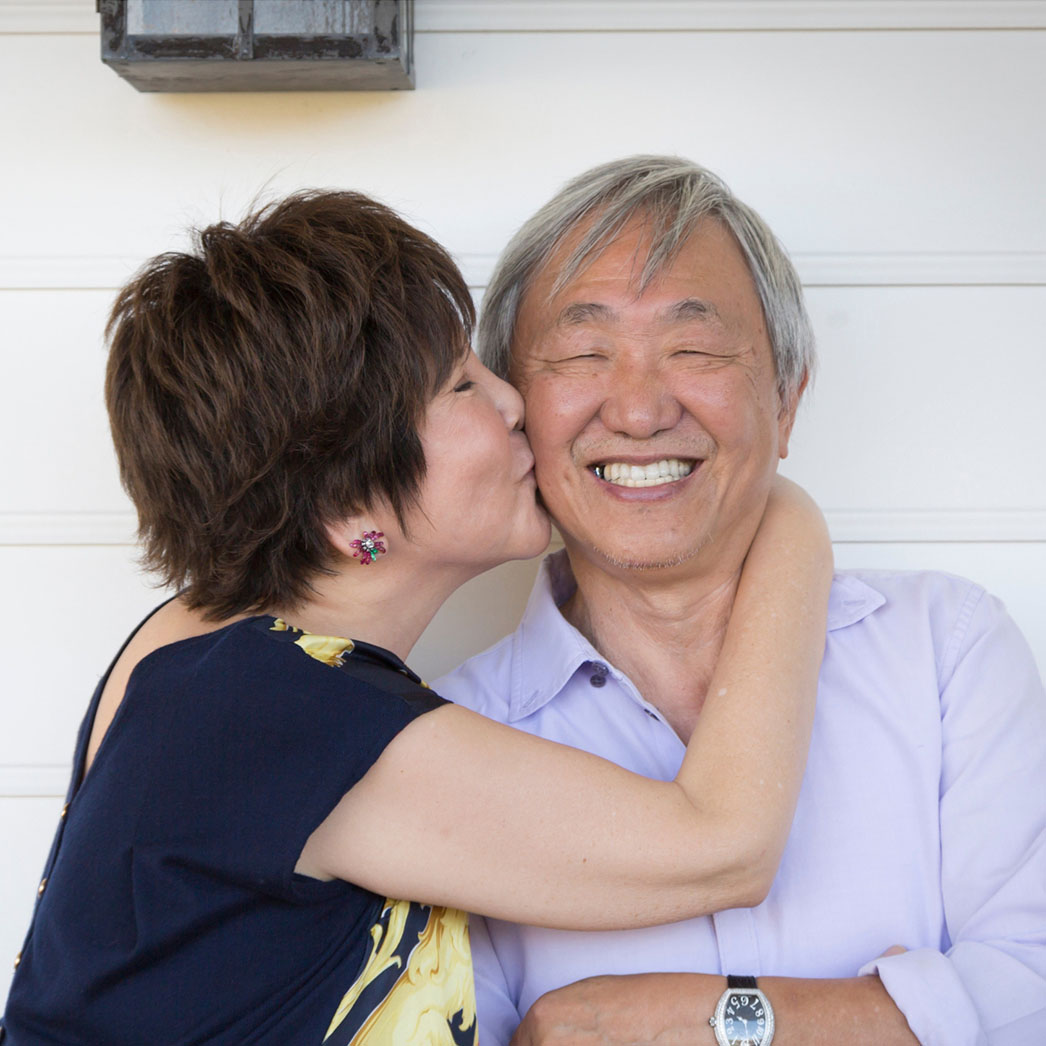Your Inbox Intensive
By Couples Therapy Inc.

Module 7 – Responding to Failed Bids
Keep your momentum going at home after the intensive with this exclusive program for Couples Therapy Inc’s retreat couples. Start with a self-assessment, review an important lesson for relationship health and finally, determine what your next steps should be.
Assess
The Inbox Intensive relapse check-in
This Relapse Check-in can help couples assess and prevent relapse and understand how to seek additional intervention if relapse occurs. Please give your frank evaluation of the following items by selecting either “doing fine” or “a problem now” for each item.
Start The Check-InStart the check-in
Please give your frank evaluation by selecting either “doing fine” or “it’s a problem now” for each statement below.

Learn
Responding to failed bids
Feeling rejected by the one we long can be tough, especially if we have no way to calmly talk about it. Here is an effective way you can.

Slowing Down, Staying Calm, Talking About Yourself
When your relationship is strained, it is easy to feel unloved, uncared for, or underappreciated. Accusations of “You’re selfish!” are one of the most common attacks we hear.
Frequently, the last thing we want to do when we feel rejected is to be vulnerable. Sometimes we want to hurt our partner, so they know what we feel like. What we don’t realize is that they may not have realized that we either wanted to connect with them or that we’ve been hurt by their response.
Counter-intuitively, when we have reached out and felt rejected, we need to develop the skills to put that hurt into words. We first need to talk about what we did to reach out (“turn toward”). Then we can vocalize how we interpreted our partner’s response (either “turning away” or “turning against”). Our description needs to be open enough to allow for an alternative reality…our partner’s.
Our partner needs to understand that we’re attempting to emotionally connect around this hurt, not to criticize them. If the intention was to emotionally connect, the response would be to respond in a sensitive and respectful way.
The worst that can happen is to feel hurt because you wanted to emotionally connect and be criticized for wanting to be close! The logical conclusion to that repeated behavior is that the person making the bid to connect just stops!
The results are both people feeling lonely.
Attitudinal Mindset
Your therapist may also have covered the importance of your attitudinal mindset before you begin a conversation as either: “What the hell is this?” or “What is this?”
First, let’s cover these two mindsets in the handout “Two Babies.”
After that, learn to watch your own emotions and reactivity as the conversation unfolds.
Tune into your body and recognize when you are starting to get upset. Emotions may feel out of your control. They are not.
Take a moment to review the definition of “flooding,” as an “intensive emotional state.” Being mildly upset is as important to recognize. Mild emotional distress, reactivity, and defensiveness are the keys to unlocking greater self-knowledge and emotional maturity.


FOLLOW UP
Is it time to schedule a follow up session?
If you haven’t already scheduled follow up sessions, our staff can help you to plan your next appointment.
Don’t forget:
Schedule some quality time
Do you and your partner have some time on the calendar for each other? Make sure you have a date night planned.
Responding to failed bids
These missteps are opportunities to try again, use the guide and walk through it together.
We’re here to help
Have a question about this exercise? Looking for more information about follow up sessions? Send us a message, we’d be happy to help.

The next module – Dreams within Conflict
Our next module will look at Gottman’s “dreams within conflict” exercise. We will send the link to your email on your next scheduled check-in or if you want to get started now, you can click the button below.
Previous modules
The Sound Relationship House